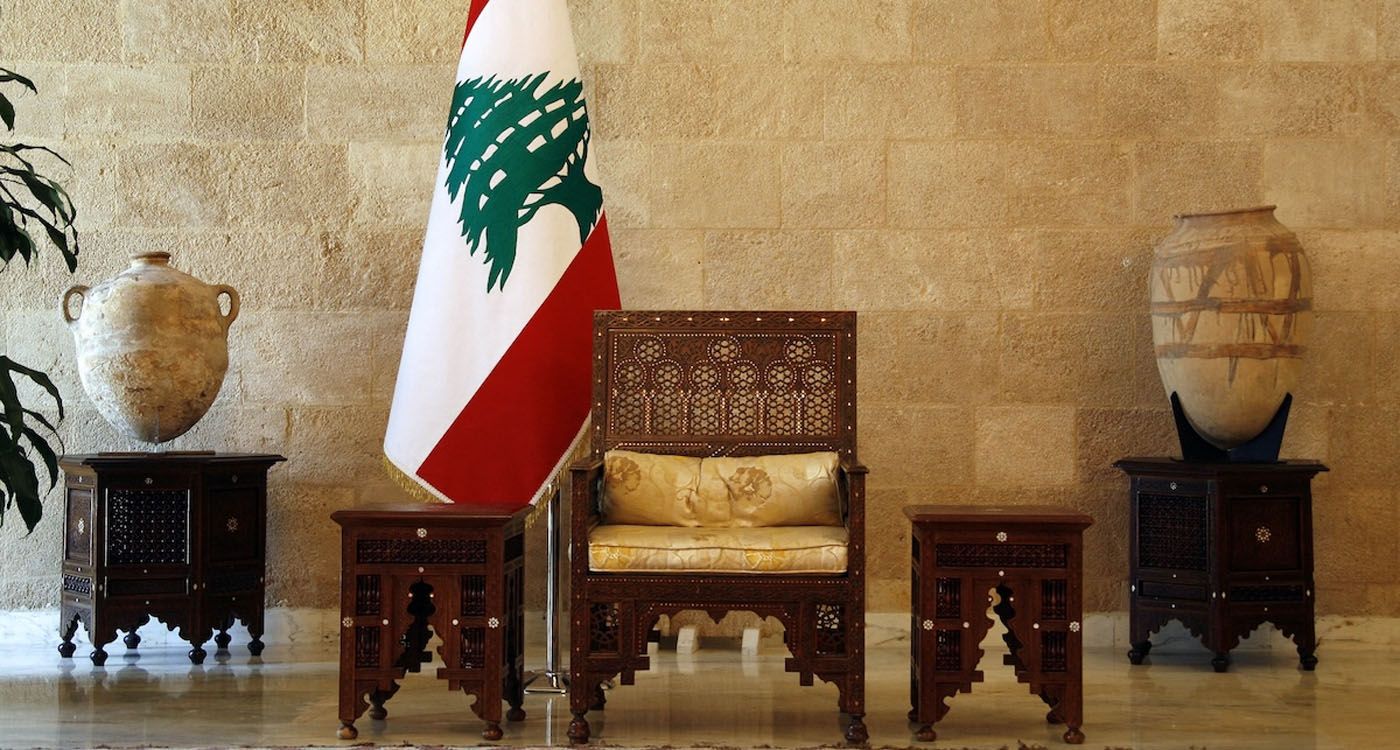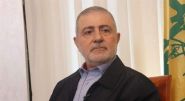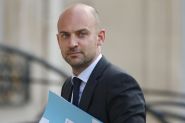
The recent moves of Egypt’s ambassador to Lebanon, Alaa Moussa, have sparked optimism about the 13th presidential election session scheduled for January 9. While this optimism is partly linked to House Speaker Nabih Berri's position, it is also driven by several key factors including, information gathered by Moussa from the Quintet Group’s discussions (comprising France, the US, Saudi Arabia, Qatar and Egypt), the outcome of the group’s communications with political forces, the visit of Qatari envoy Abu Fahd Jassim al-Thani, and ongoing diplomatic engagement from the US, France, and Saudi Arabia. Will 2025 see the election of Lebanon’s 14th president? Berri assured his visitors that Lebanon will have a president on January 9. He invited the ambassadors of the Quintet Group to attend the session, stressing the importance of closely monitoring the proceedings. MP Neemat Frem was the first to officially announce his candidacy for the presidency, presenting his political program. Opposition sources suggest that Berri is keen on advancing the election of a president and that he may be using this move as a leverage to pressure them into electing a president now—one over whom the Shiite Amal-Hezbollah duo would have significant influence. Moreover, political observers believe that Hezbollah has a significant stake in electing a president now, driven by concerns over the potential fallout from the upcoming phase and the shifting balance of power. Prior to Israel’s devastating war, the pro-Iranian faction had obstructed the election process in an effort to secure its own candidate. However, following the war, Hezbollah is now pushing for the swift election of a president. Its goal is to strike a deal that would ensure its weapons remain outside the scope of UN Resolution 1701 in the south, while safeguarding the gains and privileges it has secured as a resistance movement. Moreover, Hezbollah is seeking greater influence within Lebanon’s establishment, particularly in financial and military institutions. The pro-Iranian faction’s demands include a comprehensive package that encompasses the presidency and other key posts. Opposition sources argue that Hezbollah is determined to have a president in place before US president-elect Donald Trump returns to the White House. The opposition camp, however, is no longer rushing to elect a president and prefers to exercise caution, awaiting a clearer understanding of the situation and a better grasp of the shifting power dynamics in the region. They argue that developments in Syria dictate a delay in their decision, unless the Axis of Resistance agrees on a candidate who meets the Quintet’s criteria, including the capacity to protect the state’s sovereignty and interests, and one who does not pose any threat to any party and embodies integrity. According to reports, communication between Ain al-Tineh (Berri) and Maarab (the Lebanese Forces) is established through intermediaries to develop a formula that would finalize the election process. One intermediary noted, "Progress has been made, but more time is needed. We are awaiting Walid Joumblatt’s return from overseas and the insights he will bring, as well as the outcome of his visit to Maarab upon his return." LF leader Samir Geagea, who is in consultations with opposition forces and relevant external stakeholders, is expected to make his final decision on the presidency before the end of the month, according to his inner circle. He will either announce his candidacy for the presidency or withdraw and endorse Army Chief Joseph Aoun. In fact, Aoun is widely regarded as the leading candidate, despite opposition from the Free Patriotic Movement (FPM) and reservations from the Shiite duo. Sources within these political groups argue that Aoun’s candidacy would require a constitutional amendment, and that the current circumstances are not favorable for such a step. In this context, informed sources reveal that Berri is determined to maintain his political alliance with FPM leader Gebran Bassil and Marada leader Sleiman Frangieh to secure Christian support for his positions and ensure enough votes for his preferred candidate. Meanwhile, Hezbollah has firmly rejected the opposition's demand to surrender its weapons to the state and engage in politics without its arsenal, a stance that was reinforced by the collapse of Bashar al-Assad’s regime and the rise of Sunni extremism in Syria, which has only strengthened Hezbollah's resolve to preserve its military power. The events in Syria have further complicated Lebanon’s presidential dossier. The dynamics that existed prior to the fall of Assad’s regime have shifted, altering the balance of power and prompting changes in the positioning of political forces, particularly within the Hezbollah-led ‘Axis of Resistance’, which now seeks to expedite the presidential election, while the opposition camp takes a more cautious approach. According to a former official, "The presidential issue will remain unresolved until the situation in Syria stabilizes and the post-Assad phase is clarified. A single candidate must be agreed upon for the January 9th session—one who is neither imposed nor rejected."




Comments